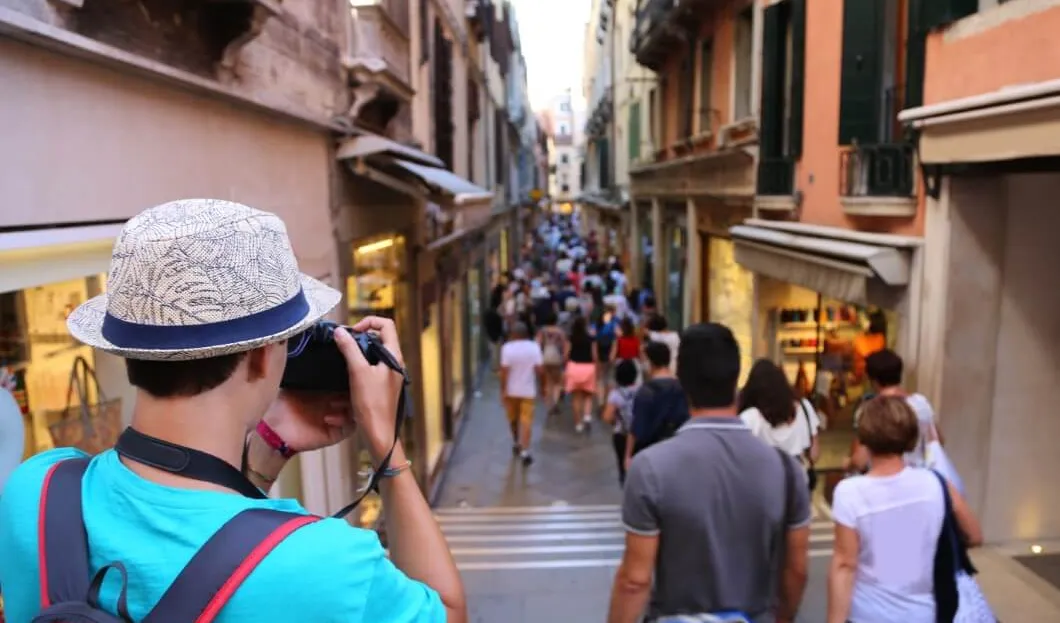
Every year, enormous crowds of tourists visit Venice. At peak times, 100,000 tourists stay overnight, plus tens of thousands of day visitors. In short, the historic lagoon city is one of Italy's destinations par excellence. However, according to UNESCO, Venice is in trouble.
Mass tourism, a construction boom, and climate change have all damaged the city, so UNESCO has recommended that Venice be classified as an endangered World Heritage Site.
"Irreversible" damage threatens Venice - problems known for years
The Italian lagoon city was threatened with "irreversible" damage if the authorities in Italy did not do more to protect it; the UN cultural organization justified its recommendation at the end of July. The World Heritage Council of UNESCO member states will vote on the classification in September.
A combination of man-made and natural factors deteriorates the building fabric in Venice and causes the urban area to "decay," UNESCO says. In addition to the effects of mass tourism and climate change, the organization counts high-rise construction projects among the deteriorations, leaving a "significant negative visual impression." Many of these problems have been known for years.
No significant progress despite strict tourists rules in Venice
True, in Venice, there are some rules that tourists should follow to avoid hefty fines. Entrance fees for tourists are also repeatedly discussed. According to UNESCO, eleven to 14 million people visit Venice every year.
Overall, UNESCO criticized Italy for making "no significant progress" in tackling complex problems. The government's measures are insufficient, and there is a "lack of a general strategic vision."
The Italian authorities and civil society groups at home and abroad must be more committed to preserving the "outstanding universal value" and protecting the historic city and its lagoons. The lagoon city needs sustainable tourism to the detriment of its population.
At the same time, UNESCO has considered classifying Venice as an endangered World Heritage Site before. In 2021, experts wrote that the city's problems justified putting it on the so-called red list. The committee eventually decided otherwise, thanks in part to a change in its cruise ship rules.















